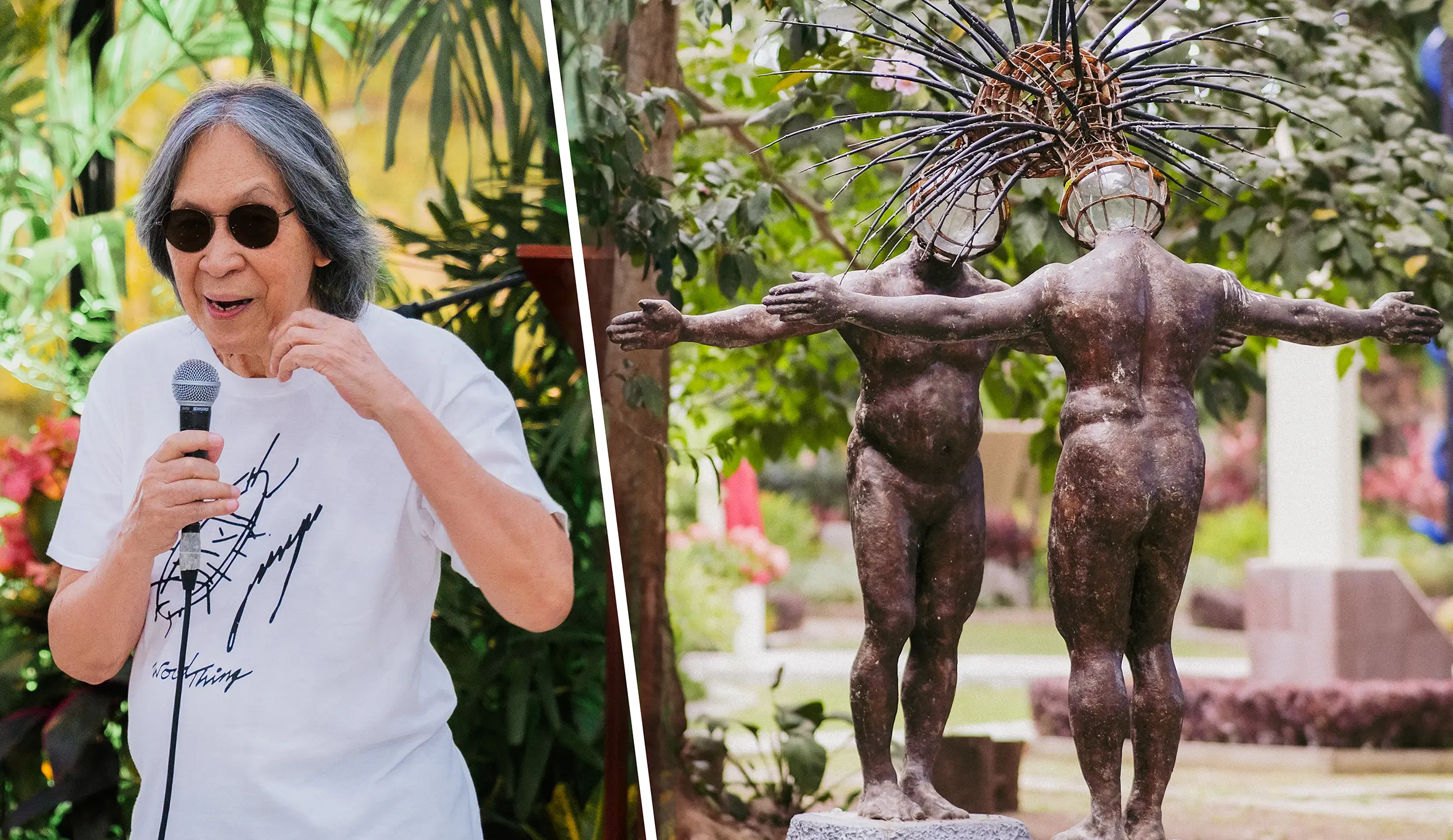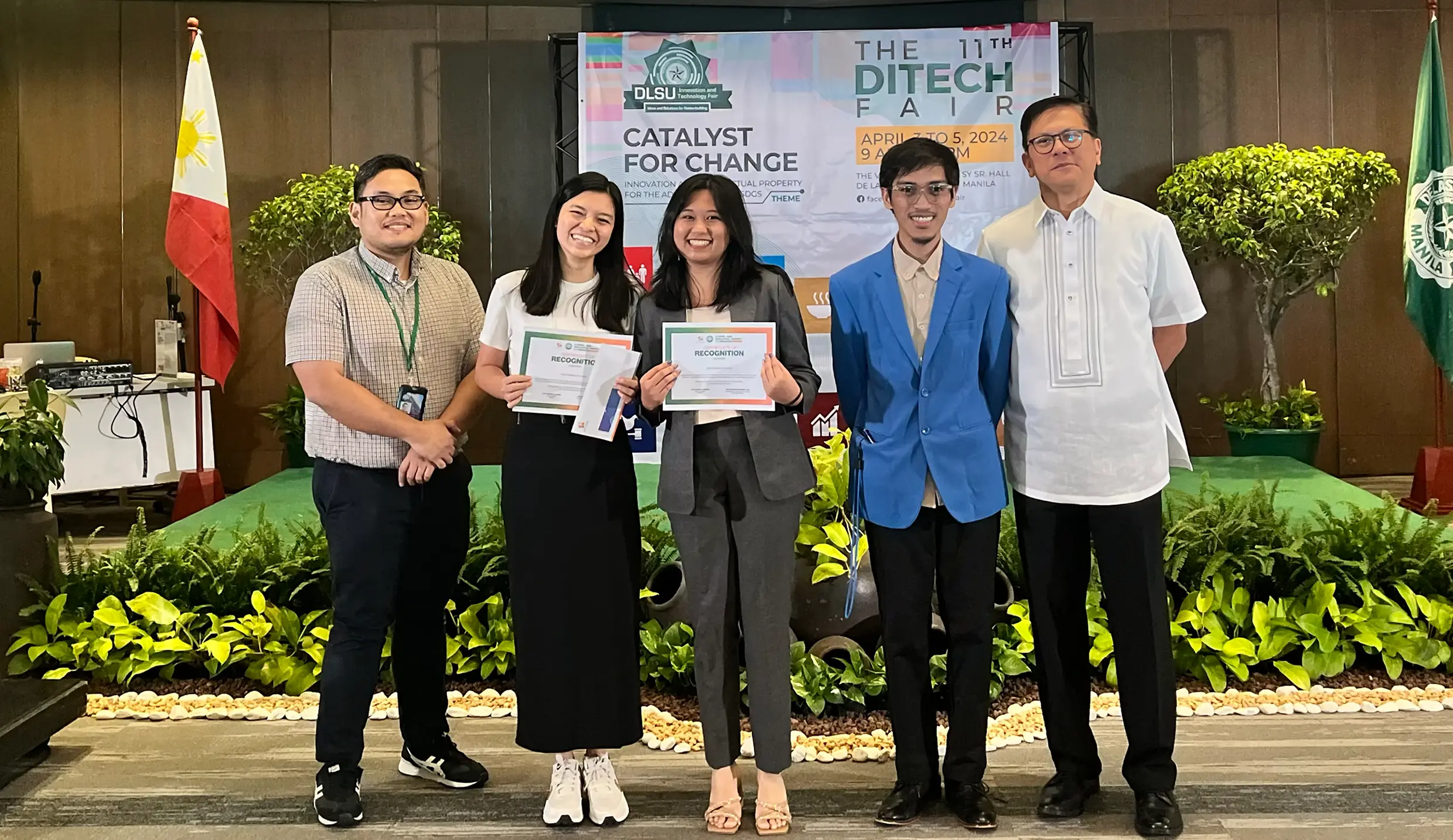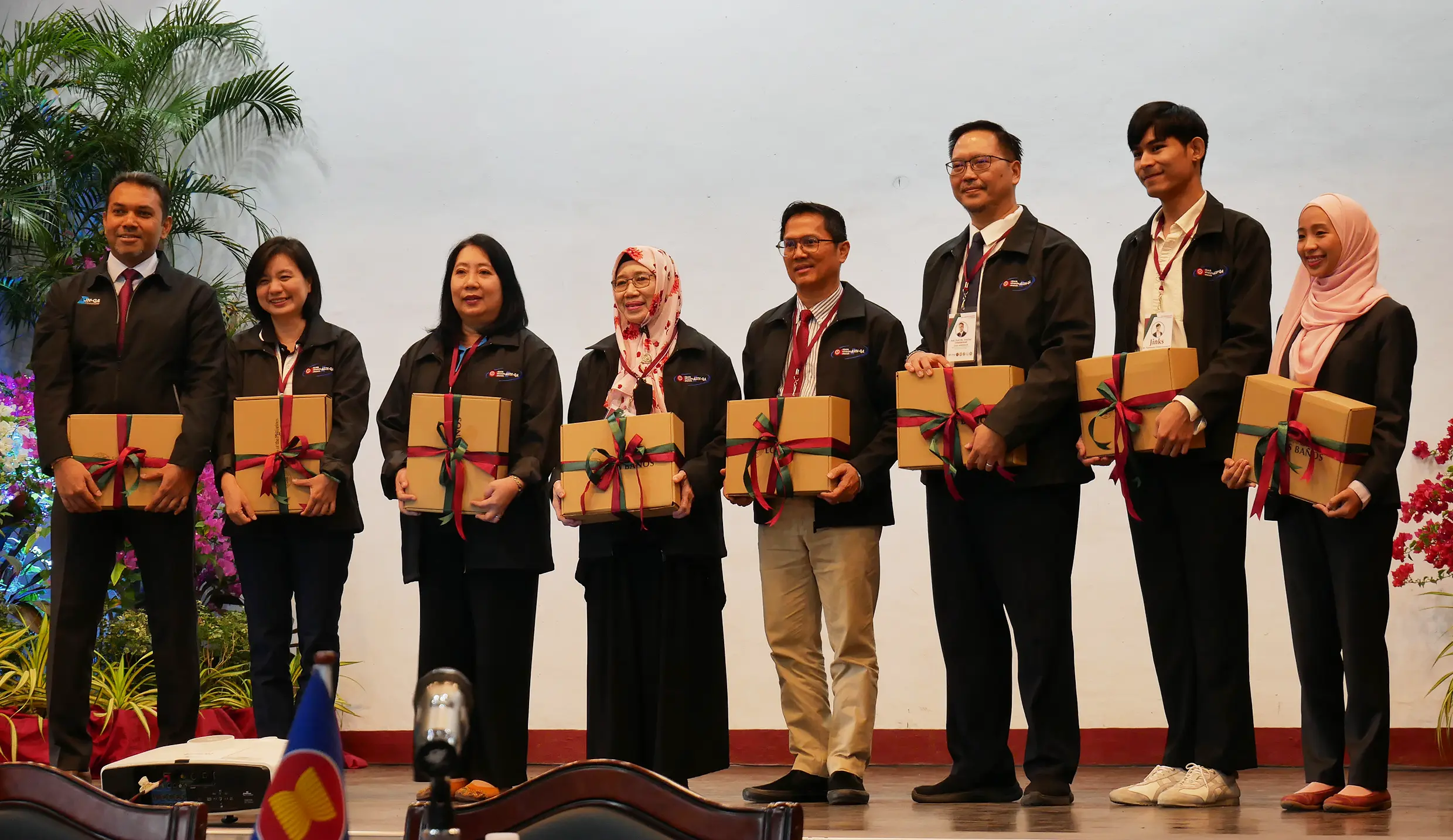
The public clamor for mass testing in the light of the COVID-19 pandemic has pushed into the spotlight laboratory jargons that have now entered public consciousness.
One of these is real-time reverse transcriptase-polymerase chain reaction test or real-time RT-PCR (rRT-PCR) test, which the Department of Health (DOH) calls the “gold standard” for COVID-19 diagnostic testing.
“The real-time RT-PCR (rRT-PCR) test detects the actual presence of the virus. It determines if an individual is positive for the virus even when he/she is asymptomatic,” DOH said in an official press release on March 31.
UPLB shall use this gold standard test once its proposed COVID-19 Molecular Diagnostics Laboratory becomes operational and DOH-accredited.
The rRT-PCR test falls under the category of molecular diagnostic tests, which is considered more accurate.
One other test that the public has also recently heard of is the rapid test kit, which is serological or blood-based.
Rapid test kits can only detect antibodies that fight the virus.
“Antibodies are produced once a person is already infected, and sometimes, one does not develop antibodies in the early stages of infection. This means that rapid tests do not confirm if a person is truly positive or negative, especially when he/she is asymptomatic,” the DOH statement continued.
The two strategies, however, are both important in assessing the epidemiological situation, but it is the molecular diagnostic test such as the rRT-PCR test that directly detects the virus in a patient.
The rRT-PCR test can check for the presence of viral components required for the virus to reproduce (such as the viral genetic material or nucleic acids), and canconfirm whether a person is really infected by SARS-CoV-2, the virus that is responsible for COVID-19.
Conventional PCR amplifies, or to simply put it, produces more copies of and replicates the genetic material known as DNA from samples taken from a nose or throat swab. It is through this replication where the viral genetic material is detected and differentiated.
To make this happen, the SARS-CoV-2 genetic material, which comes in the form of RNA, a single-stranded molecule, has to be converted to DNA first, which is a double-stranded molecule. This is done through a process called reverse transcription, which is a key part of the rRT-PCR test.
With the use of rRT-PCR, the result can be seen while the test is in progress.
Each sample in the rRT-PCR machine is exposed to a light source and the resulting fluorescence of each reaction is measured as rRT-PCR progresses.
If the viral genetic material is present in the sample, more copies of it are synthesized as rRT-PCR occurs,and fluorescence consequently increasesallowing monitoring of the reaction in real-time.
For a sample to be considered positive, fluorescence measurements should be above the background fluorescence threshold (negative controls).
Even with UPLB having existing real-time PCR machines used in molecular biology studies in various research laboratories before the COVID-19 pandemic, more are needed.
Thus the Committee on the Establishment of the UPLB COVID-19 Testing Center, a sixth committee under the UPLB Task Force Laban ng Bayan Kontra COVID-19, has identified the priority purchase of additional real-time PCR machinesand other pieces of equipment, such as biosafety cabinets Class 2A, micropipettes, laminar flow hoods, and autoclave machines.
Dr. Rex Demafelis, vice chancellor for research and extension and chair of the task force, expressed his hopes that UPLB’s testing facility would be allowed to operate beginning May 2020. (Mark Jayson E. Gloria and Mark Gabriel Sagarbarria)








